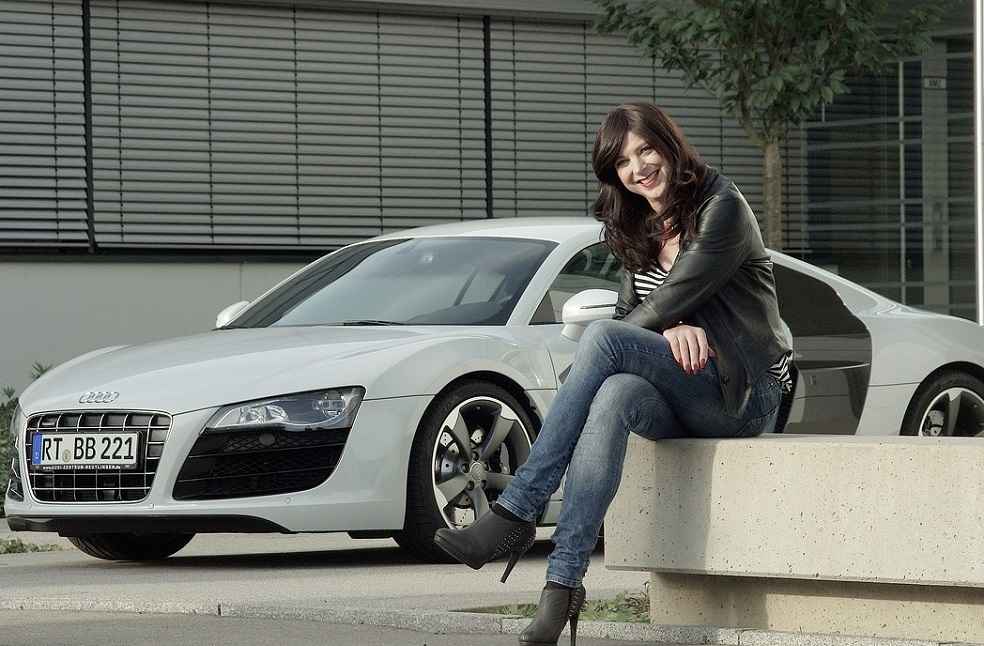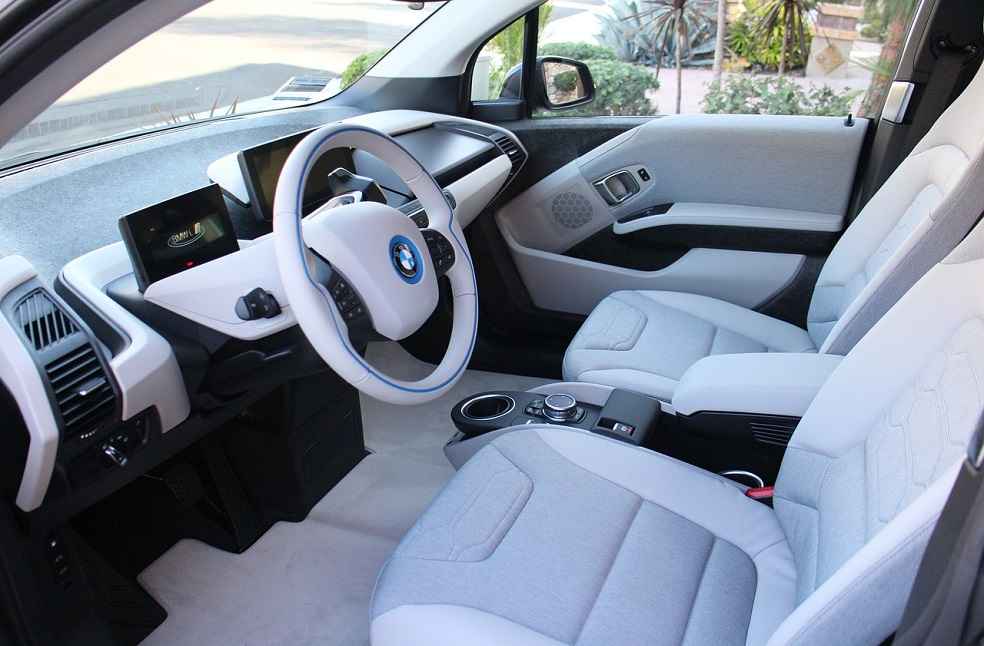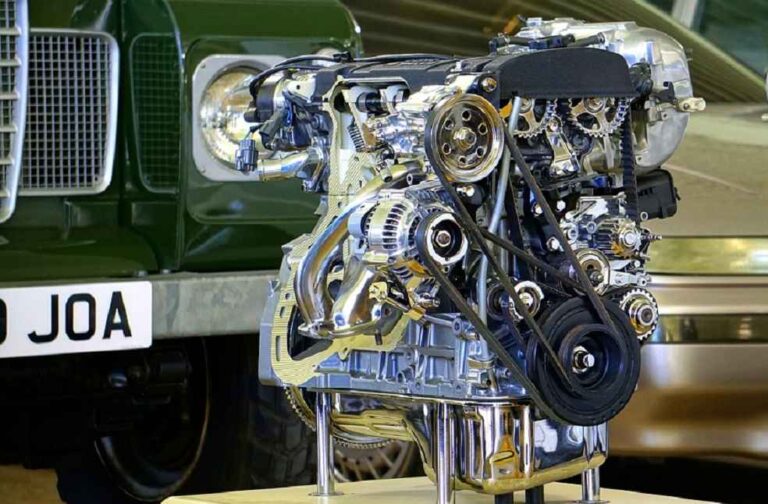German automobile giants, such as Audi, are boldly navigating the transformative currents of the global automotive industry by amplifying their investments in China, seeking to leverage the country’s technological prowess. Their strategy primarily revolves around New Energy Vehicles (NEVs), recognizing China’s remarkable advancements and leadership in this innovative domain.
Audi, in collaboration with Chinese automaker FAW, is in the advanced stages of establishing a pioneering electric vehicle production facility in Changchun, China’s automobile hub. With a robust investment north of 35 billion yuan ($4.87 billion), the facility is poised to be a crown jewel in Audi’s manufacturing ecosystem, concentrating on trailblazing technologies and sustainability.

“We’ve completed the main structural work, and our plan is to commence pre-mass production by year-end,” revealed Wang Kaiyu from Audi FAW NEV Co., Ltd. A production forecast envisages three pure electric models rolling off the assembly lines by the end of the following year, bolstering an annual production capacity exceeding 150,000 vehicles.
Despite the European Union’s scrutiny concerning subsidies to Chinese electric vehicles, German automakers remain unflinchingly committed to China’s vibrant automotive sector. Their investment reflects a broader strategy, intensifying their presence and facilitating technological cross-pollination.
The mutual appetite for collaboration was palpable at the 2023 China-Germany Automotive Conference in Changchun, witnessing industry maestros emphasize synergies, mutual learning, and shared growth vistas in new energy and innovative sectors.
Other automotive behemoths such as BMW and Mercedes-Benz are also on a collaborative trajectory, eyeing China’s technological prowess. BMW is embarking on a transformative battery project in Shenyang, underscoring its electrification ambitions, while Mercedes-Benz is forging partnerships aimed at bolstering advancements in autonomous driving and intelligent connectivity.

This transcontinental partnership is not solely the domain of auto titans. Smaller European enterprises are also cultivating collaborations with Chinese NEV luminaries, aiming for a synthesis of research and industrial innovation.
A synergy seems to be blossoming, powered by investments surging in both directions. In 2022, European investments in China soared by 70%, with the automotive sector being a significant investment magnet. Concurrently, Chinese investments in Europe also witnessed a marked increment, underscoring a collective vision for innovation and market expansion in the automotive arena.
In the words of Chong Quan of the China Society for World Trade Organization Studies, this burgeoning collaboration signifies a mutualistic evolution, embodying synergies in technology, market dynamics, talent, and innovation, aimed at navigating the automotive industry’s transformative trajectory.
EDITORS’ PICKS | Ample, Mitsubishi Unite for ‘EV Truck Battery Swap’ Revolution





